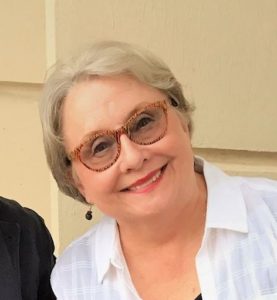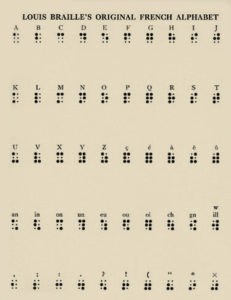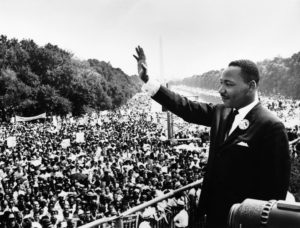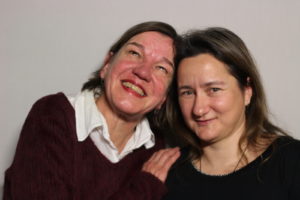Facing the truth
January 27, 2019 • 21 Comments • Posted in careers/jobs for people who are blind, guest blog, memoir writing, teaching memoirI don’t give the memoir writers in my classes assignments over the break. Many of them write on their own during time off, though, and when they do, I encourage them to bring their new essays to read aloud in class when we reconvene. All five of my classes are back in session after winter break, and this piece Kate De Mille brought to read for the first memoir-writing class in 2019 at Admiral at the Lake was so much fun that I asked her if we could share it with you Safe & Sound readers here. Lucky us — she said yes!
by Kate De Mille

Today’s guest blogger, Kate De Mille.
It seemed like overnight when I noticed the dramatic change in my appearance. Yes, I had gained a little weight, but I’m talking about my face here: wrinkles!
I pride myself in having pretty, smooth skin for my age. At least, I used to. But now, little red veins, sagging cheeks, fuzzy eyebrows, bags under my eyes, a mustache that I could trim with my cuticle scissors and 2 “things” that looked like they may be warts starting to poke up near my eyelids. What was happening?
I started using makeup every morning — taking at least 20 minutes to apply the foundation, then the powder, the eyeliner, mascara, and putting some cover up on the “things.” Every time I passed a mirror I looked at myself. I used an X10 mirror to be sure I was seeing what I was seeing. It was true. I started to feel really down. I must be sick. Some insidious disease was causing my bodily distress.
Finally, I made an appointment with my doctor. I told him that I was feeling depressed. Tired. Not well. Something had to be wrong. After about 15 lab tests and a complete check up, the answer was that I appeared perfectly healthy. My blood pressure had increased, but only slightly. He gave me a prescription and told me to call if I was still feeling out of sorts.
At home, I took another good look in the mirror and noticed my eyelashes with the globs of mascara looking like two droopy spiders hanging on for dear life. The wrinkles were still there. This is ridiculous, I thought. How can I be so upset when my life was so fine. My husband insisted that I looked the same as always.
To relax myself, as I often do, I folded my arms on the sill of my bedroom window. Looking out I was thrilled to see the detail of the leaves on the trees, even the waves coming off Lake Michigan. Looking down, the flowers in the garden were so clearly detailed since my cataract surgery last month. That was something to be very grateful about. I now had 20/20 vision for the first time in my life. Before that my vision was so blurry.
Wait. My vision. So blurry before. Oh, no. Reality had struck!
I understood.



